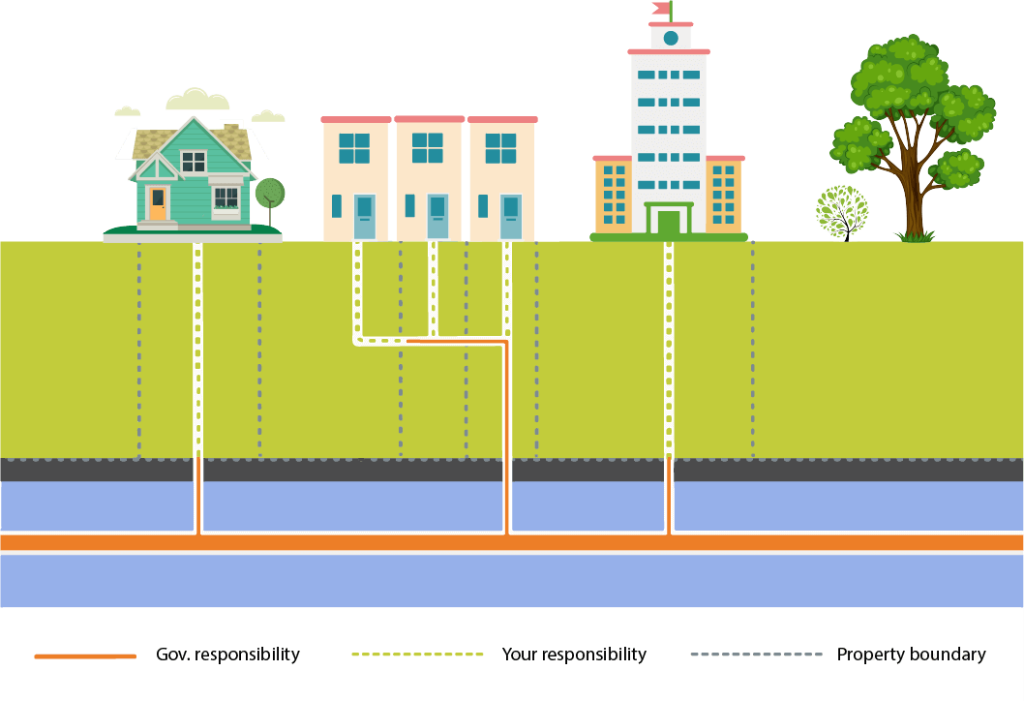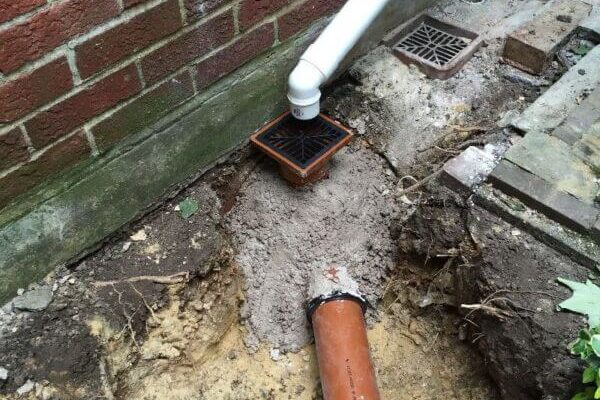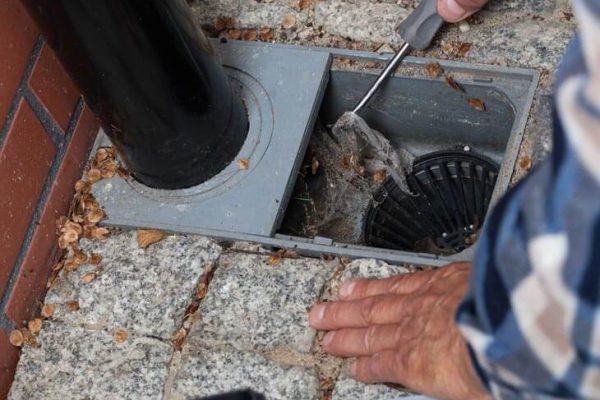Blocked drains prevent water from draining away and cause overflowing of water and other materials, which harm flooring and the rest of the property. Most of us have availed of drain unblocking service at least once in our lifetime. But what causes blocked drains? How can you tell if your drains are blocked and how do you clear them?
Although time might be a healer in certain cases, when it comes to blocked drains, time will simply worsen the situation, significantly harming the drain or even causing it to start overflowing. Therefore, it makes sense to take immediate action and address the issue before it exacerbates. A drain pipe may show any or all of the signs below when it starts to blockage:
Blocked drains give off foul odours due to the decomposing food, bacteria and stagnant water.
If water drains away slowly, that means your drains have started to blockage.
Water will make a gurgling sound when you open a tap or flush a toilet.
If you have a blocked external drain you might experience these issues in more than one internal drain. If so, then it is a good idea to hire someone who provides blocked drains services to eradicate the problem before it worsens.





The easiest approach to keep drains clear all year long is to prevent blockages in the sink, tub, and shower before they happen. All it needs is some routine maintenance and cleaning.
Standing water may indicate a blocked drain. It is better to investigate the problem and find out who is responsible for unblocking it.
In general, you are responsible for the drains that run within the boundaries of your house. However, it may be the sewage company’s responsibility if any of those drains is shared with other houses.
You’re usually responsible for drain covers inside the boundaries of your property, while the sewerage company is responsible for lateral drains, which are usually outside of property boundaries and sewers.
Road drains and other drains that are outside of houses’ boundaries fall within the responsibility of the local sewer company.
The average blocked drain cost is £75-£200 depending upon the severity of the blockage and the procedure required to unblock it.
If a drain is badly blocked, it is better to hire drain unblocking services. They will send their professional blocked drain plumber to unblock the drain.
Tree roots are the most common cause of blockage in sewer lines. However, in the house drains, the most common causes of blocked drains are hair, toilet paper and feminine hygiene products.
Normally plumber uses a manual or motorised drain snake, which is also known as a plumber’s snake or drain auger, as an outside drain unblocker. For light blockage, plumbers usually go with a plunger.